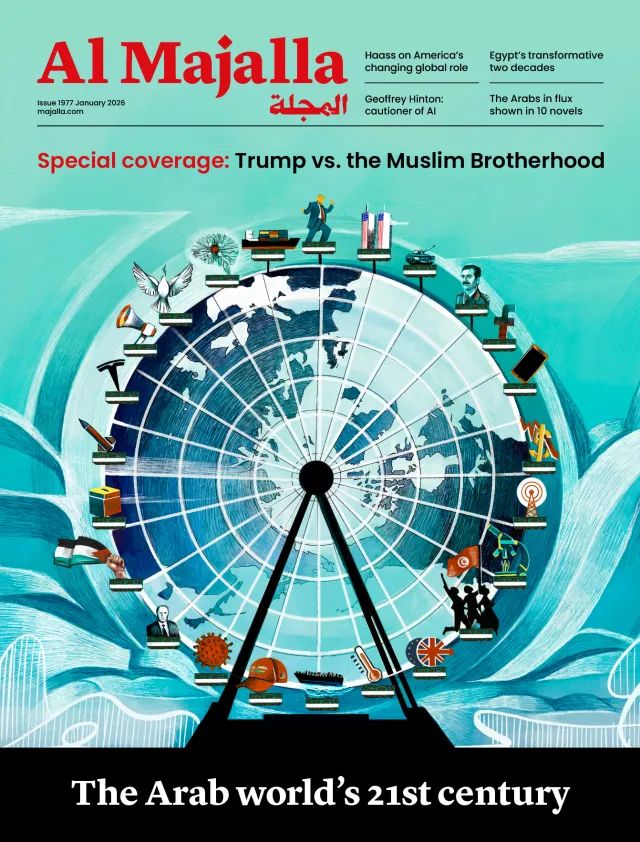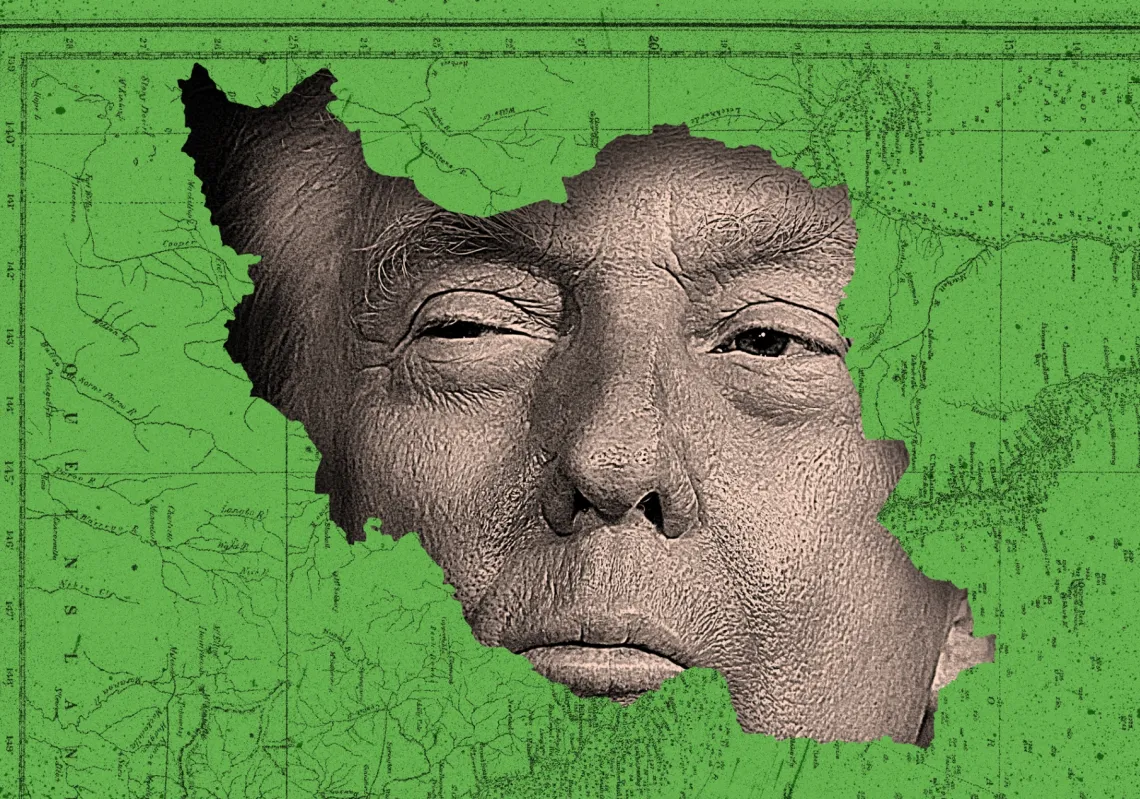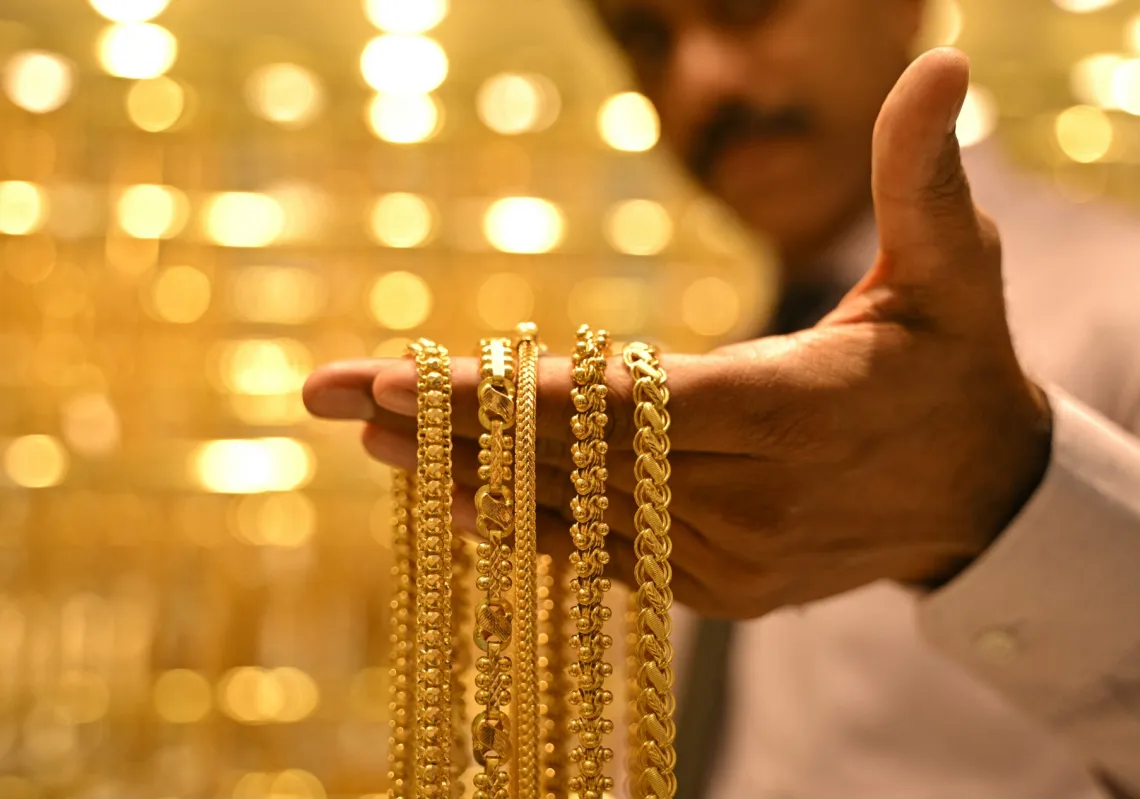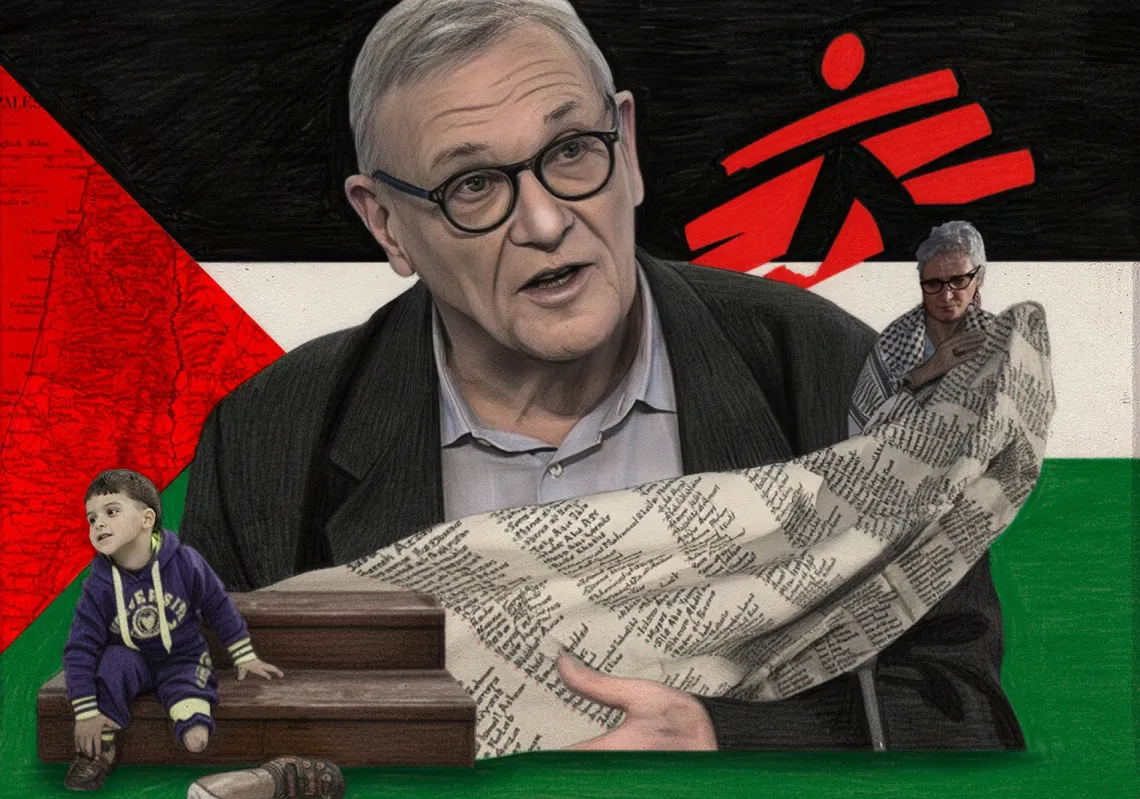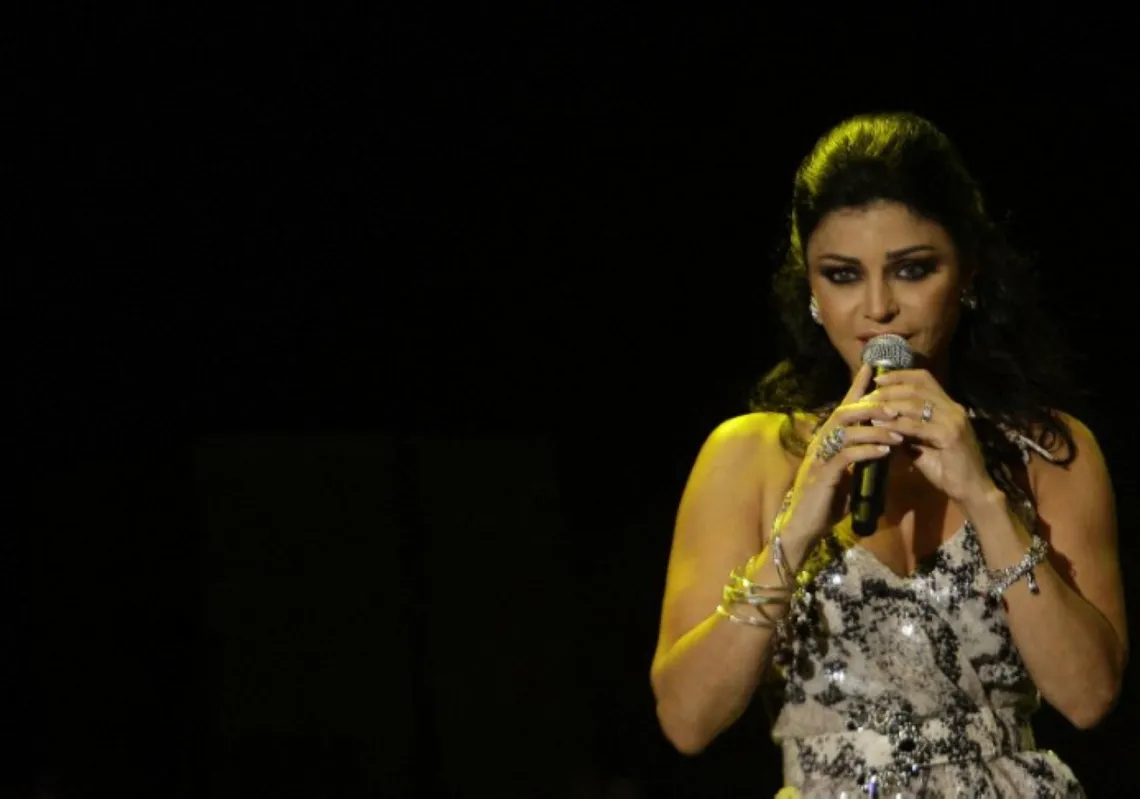 Russia's President Vladimir Putin stands at Georgiyevsky (the St.George) hall in the Great Kremlin Palace in Moscow, on June 12, 2012[/caption]The accusations from the US that Russia is continuing to ship offensive weapons to the Syrian government while it battles against rebels is bound to focus more attention on Russia and its controversial president, Vladimir Putin.
Russia's President Vladimir Putin stands at Georgiyevsky (the St.George) hall in the Great Kremlin Palace in Moscow, on June 12, 2012[/caption]The accusations from the US that Russia is continuing to ship offensive weapons to the Syrian government while it battles against rebels is bound to focus more attention on Russia and its controversial president, Vladimir Putin.
To his opponents, he is an authoritarian who brooks no dissent, willing to use force and manipulation of the media to crush his political opponents, and who undermines democracy and tolerates corruption in high places if it keeps him in power.
To his supporters, he is a strong leader who has restored some stability and national pride to Russia after economic and political crises, the military disaster of the first Chechnyan War, demographic collapse, and the looting of state assets by the oligarchs of the 1990s, and who is restoring the power and prestige of the Russian state. He has also presided over an economic boom based on exports of Russia’s rich bounty of natural resources, improving the economy after years of stagnation and collapse.
[inset_left]“Putin has dominated Russian politics … he has enjoyed consistently high approval ratings amongst most Russians.”[/inset_left]
Born in St. Petersburg (named Leningrad under Communist rule) in 1952, his parent’s two elder sons had perished during the Second World War. As a youth he grew up aspiring to a career in the security services. He went on to study international law at Leningrad State University. It was at university that he met the law professor Anatoly Sobchak, who would play an important role in his future.
Upon graduation in 1975, he enlisted in the KGB, and after training and a variety of domestic assignments he was posted to East Germany in the 1980s, possibly because of his fluency in the language. He married Lyudmila Skrebneva in 1983, a student and former flight attendant, and the couple had two daughters. After the collapse of East Germany and the fall of the Berlin Wall, Putin was recalled to St. Petersburg, where he was assigned to watch the student body of his alma mater for subversives and potential recruits.
He resigned from the KGB with the rank of lieutenant colonel in 1991, but by then had obtained his first job in politics as an advisor on international affairs to his former professor, Anatoly Sobchak, who had become the first elected mayor of St. Petersburg. Putin went on to hold a string of posts in the city government, until he was appointed deputy chief of staff to President Boris Yeltsin in the Kremlin in 1997, a year after Sobchak’s defeat in the 1996 election.
Other Kremlin jobs followed, most notably as head of one of the successors of the KGB, the Federal Security Bureau (FSB) in 1998. Putin was still largely unknown to the Russian public and the world at large when he became one of three Deputy Prime Ministers, and eventually Prime Minister in August 1999, after President Yeltsin fired his predecessor.
It was also a surprise when Yeltsin announced that he wanted Putin to succeed him as president. Yeltsin, by this stage ailing and plagued by health and alcohol problems, facilitated this by resigning at the end of 1999, making Putin the acting president. He subsequently won the presidential election three months later, his image bolstered by his oversight of the return of Russian troops to Chechnya in 1999 following a terrorist bombing campaign, which helped ease the sting of the 1996 withdrawal from the breakaway region after a disastrous military campaign.
Since then, Putin has dominated Russian politics, serving two consecutive terms as president between 2000 and 2008 as head of the ‘United Russia’ party. He was then appointed prime minister under his hand-picked successor, Dmitry Medvedev, and won another presidential term in 2012 amidst allegations of electoral irregularities from international observers. Throughout, he has enjoyed consistently high approval ratings amongst most Russians.
Over the last decade, Putin has carefully cultivated an image as a macho ‘action man,’ with a mission to restore Russian power and prestige. He is frequently photographed indulging in outdoor pursuits like hunting, horse riding, and fishing, racing Formula 1 cars, and at the control of combat jets (he flew into Chechnya to visit Russian forces in a fighter jet after announcing his candidacy for president in 2000), and is well-known for his expertise in Judo and its Russian counterpart, Sambo. In contrast, he has been careful to keep his private and family life out of the public eye. Despite some media speculation, he has not responded to claims that he is separated from his wife, or to rumors linking him to several different women.
He has also used the full power of the state to crush the political power of the oligarchs, the coterie of wealthy businessmen who gained incredible fortunes in the free-market reforms of the 1990s, and especially those who engaged in political activity. Mikhail Khodorkovsky, Russia’s richest man and head of the oil giant Yukos, was jailed for fraud and tax evasion and his assets seized by the state after funding opposition parties and criticizing President Putin’s style of government.
Amidst recent, growing protest in Russia against his personal, authoritarian style of rule, and endemic low-level official corruption, it is likely that Putin will worry about being perceived as weak, giving him an added incentive to continue to resist international pressure to cut or downgrade ties with Assad’s government in Syria.
His focus on increasing Russian power and influence abroad also make it unlikely that he will be willing to give up support for Syria, a major purchaser of Russian armaments, and the site of Russia’s only naval base in the Mediterranean and wider Middle East.

